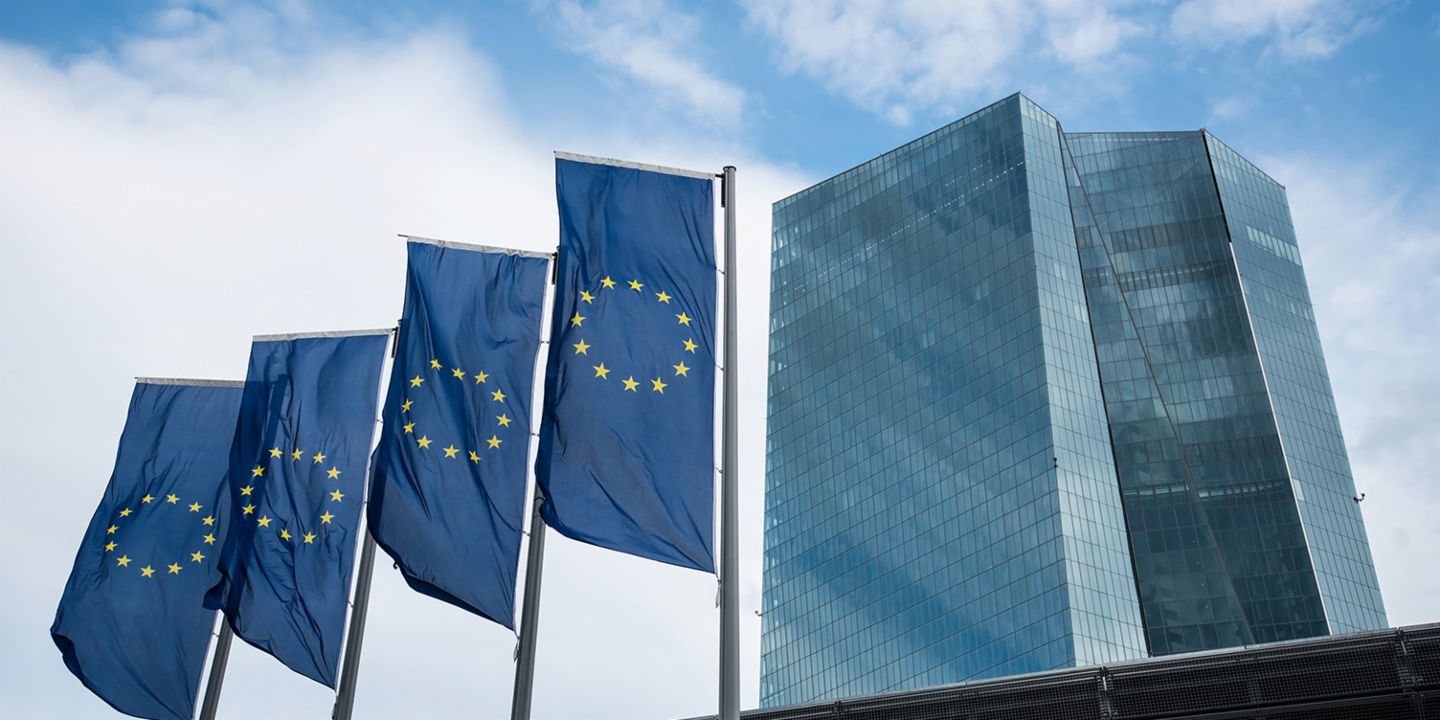EU Action Plan to reduce NPLs: Time to act before it’s too late.
The European Union (EU) aims to prevent an impending financial crisis with an action plan to reduce NPLs. In this interview Freda Stockfleth, Senior Vice President Corporate Legal and Public Affairs at EOS, discusses the proposed measures and explains what the plan means for the NPL market.
- In the wake of the pandemic, there are fears about an increase in the NPL rate in Europe.
- To avert a financial crisis, the European Commission has developed an action plan which is inter alia designed to strengthen the NPL market.
- The plan will affect credit servicers and purchasers like EOS.
Why is an EU action plan needed to reduce NPLs?
FREDA STOCKFLETH: The COVID-19 crisis has hit many individuals and businesses hard. The fact that we still had a comparatively low number of insolvencies in 2020 is due primarily to measures like moratoriums, which initially gave borrowers a reprieve. As soon as they expire, an increase in non-performing loans is likely. The crisis will then have a marked impact on banks too. With its action plan, the EU wants to avert another financial crisis.
So how do we counter this crisis?
We know that we cannot completely avert an increase in non-performing loans. But we also know that the situation does not need to be as bad as it was after the financial crisis of 2008. However, speed is of the essence, so I am pleased that this issue has gained momentum in 2021. The EU Commission published the plan that outlines the preventive measures in December 2020.
Why is an EU-wide solution called for?
The COVID-19 pandemic has shown us yet again that EU Member States have become very closely intertwined both legally and economically. Especially in the banking sector. Moreover, apart from small local banks several major banking groups operate in numerous EU countries. If one of those corporations gets into difficulties, national borders are meaningless.

Through investments in NPLs, companies like EOS make a substantial contribution to stabilizing the European economic system, and this is an aspect that has been clearly highlighted by the action plan.
Which measures does the EU Action Plan propose to help reduce NPLs?
The three main objectives of the action plan are to protect borrowers, harmonize European insolvency laws and strengthen the NPL market. This last point, for example, includes the transparency of the data provided to credit purchasers prior to a sale. The better the quality of the data regarding the loans which are offered, the better investors can assess the quality of the receivables and offer the best possible price. Other measures are designed to make it easier for new buyers to enter the NPL market.
Would you like to sell your outstanding receivables?
EOS is a byword for longstanding experience in receivables and fair purchase prices. Simply make an appointment for a consultation with us. Our experts will take care of everything else.
So, besides banks, the EU Action Plan covers credit servicers and purchasers...
Exactly. In June the European institutions agreed on a directive specifically aimed at credit servicers and purchasers. It is intended to harmonize the authorization procedures for credit servicers in future, for example. I think this is a good thing. But there are some aspects of this directive that in my view interfere very strongly with established business processes.
What are they?
For example, the directive opens up the possibility of generally prohibiting credit servicers from accepting monies from defaulting payers. Not only is this contrary to the usual practice in Europe, but it would be a strong intervention and would make a lot of things more difficult in practice.
What would be the consequence of such a change?
Basically, it would make the owner of the loan, i.e., the investor, responsible for accepting and administering payments. To do so, the investor would have to set up an account for the repayments from borrowers. Investors would need to establish and monitor such bank accounts themselves, even though they have specifically engaged a credit servicer to take care of this. In the case of EOS, this would not be a problem in cases in which we act both as investor and credit servicer. But because we do not always act as both, the handling would be impractical for us too. It would be even more inconvenient for those that are solely investors, e.g., large private equity funds. When they invest in NPLs they do not want to open bank accounts themselves in several EU countries, but prefer to pass on this task to reputable, licensed servicers. Anyone who has ever opened a bank account in another country will know that even within the EU the process is still challenging.
What does EOS think about the EU Action Plan to reduce NPLs?
First of all, we are pleased that the topic has become a priority again, thanks to the publication of the action plan in December 2020.
We welcome harmonized requirements for NPL investors and their service providers as well as high consumer protection standards. At the same time, however, consideration should be given to the impact on the operations of credit servicers in practice. Through investments in NPLs, companies like EOS make a substantial contribution to stabilizing the European economic system, and this aspect has been clearly highlighted by the action plan. To be able to offer these solutions, the business has to be worthwhile for the purchasers of the loans.
In your opinion, will the EU action plan change the NPL market in the long term?
That remains to be seen. From the current perspective, it is in any case sending out a message to all players on the NPL market. The message is that you need to do something before Europe finds itself in a second financial crisis.
Contact
Photo credits: Shutterstock
Explore more from EOS




